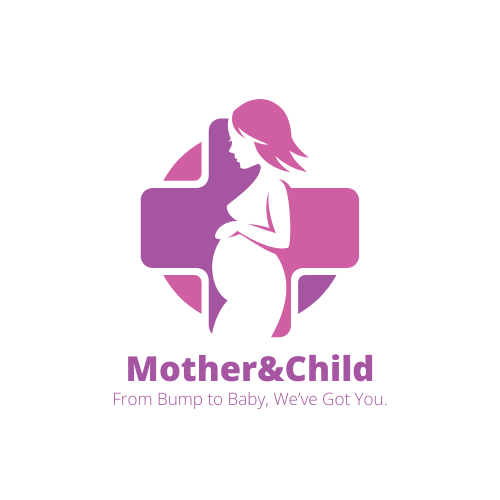
Top MNCH Mobile Apps Every African Parent and Health Worker Should Know
- June 21, 2025
- 0 Likes
- 201 Views
- 0 Comments
Empowering mothers, saving babies, and equipping health workers—one download at a time.
Mobile health (mHealth) apps are transforming maternal, newborn, and child health (MNCH) across Africa. With high mobile phone penetration even in low-resource settings, digital tools are bridging gaps in access, knowledge, and service delivery. Whether you’re a pregnant mother, new parent, or frontline health worker, these top MNCH apps can help improve outcomes and save lives.
1. MomConnect (South Africa)
What it does: Provides free text-based pregnancy and baby health information in 11 languages.
Why it matters: Offers timely, evidence-based messages from pregnancy to a child’s first birthday.
Impact: Over 2 million women registered since 2014.
🔗 momconnect.org.za
2. TotoHealth (Kenya & East Africa)
What it does: Sends SMS reminders about antenatal care, immunizations, danger signs, and child development milestones.
Why it matters: Reaches families in remote areas with no smartphones or internet.
Impact: Used by over 400,000 parents; improves clinic visit compliance by 20–30%.
🔗 totohealth.org
3. Safe Delivery App (Global – including Africa)
What it does: Provides midwives and health workers with visual guides for emergency obstetric care (e.g., postpartum hemorrhage, neonatal resuscitation).
Why it matters: Boosts frontline skills in low-resource settings.
Impact: Used in over 40 countries; shown to improve knowledge and confidence among birth attendants.
🔗 maternity.dk
4. Wazazi Nipendeni (Tanzania)
What it does: Offers free SMS to educate and empower expecting parents, linking them to antenatal care and health services.
Why it matters: Breaks down barriers caused by illiteracy, poverty, and lack of health access.
🔗 jhuccp.org/project/wazazi-nipendeni
5. Child Growth Monitor (India + Expanding Globally)
What it does: Uses AI and 3D scanning via mobile phones to detect malnutrition in children under five.
Why it matters: Tackles child undernutrition with cutting-edge tech in real time.
🔗 welthungerhilfe.org
6. iDeliver (Global)
What it does: A digital birth record and decision support tool for skilled birth attendants.
Why it matters: Improves data collection, identifies high-risk pregnancies, and standardizes obstetric care.
🔗 vecna.org/ideliver
7. OneWomb (Africa – in development)
What it does: A pan-African MNCH platform by DoctorsExplain.org integrating prenatal care, child health tracking, learning modules, and telehealth.
Why it matters: Designed by African health professionals for African mothers and health systems.
🔗 doctorsExplain.org/onewomb
8. Immunize Nigeria App
What it does: Tracks vaccination schedules and helps parents remember immunization appointments.
Why it matters: Supports Nigeria’s national routine immunization efforts.
🔗 [Available on Google Play]
9. UNICEF RapidPro (Global)
What it does: An open-source messaging platform used by governments for MNCH, UHC, and emergency response communication.
Why it matters: Powers MomConnect, U-Report, and other tools across Africa.
🔗 rapidpro.io
10. mTrac (Uganda)
What it does: Allows health workers to report maternal and child health data via SMS, track stockouts, and monitor disease outbreaks.
Why it matters: Enhances real-time health surveillance and decision-making.
🔗 health.go.ug
🌍 Why These Apps Matter
- For Mothers: They offer life-saving reminders, nutrition tips, and peace of mind.
- For Babies: They ensure timely vaccines, early danger sign detection, and better growth outcomes.
- For Health Workers: They provide decision tools, data systems, and continued learning.
💡 Final Thoughts
Digital tools are transforming MNCH in Africa by making care smarter, faster, and more equitable. From a rural mother in Kenya to a midwife in Malawi, mobile apps are helping save lives across the continent—one notification at a time.



Leave Your Comment